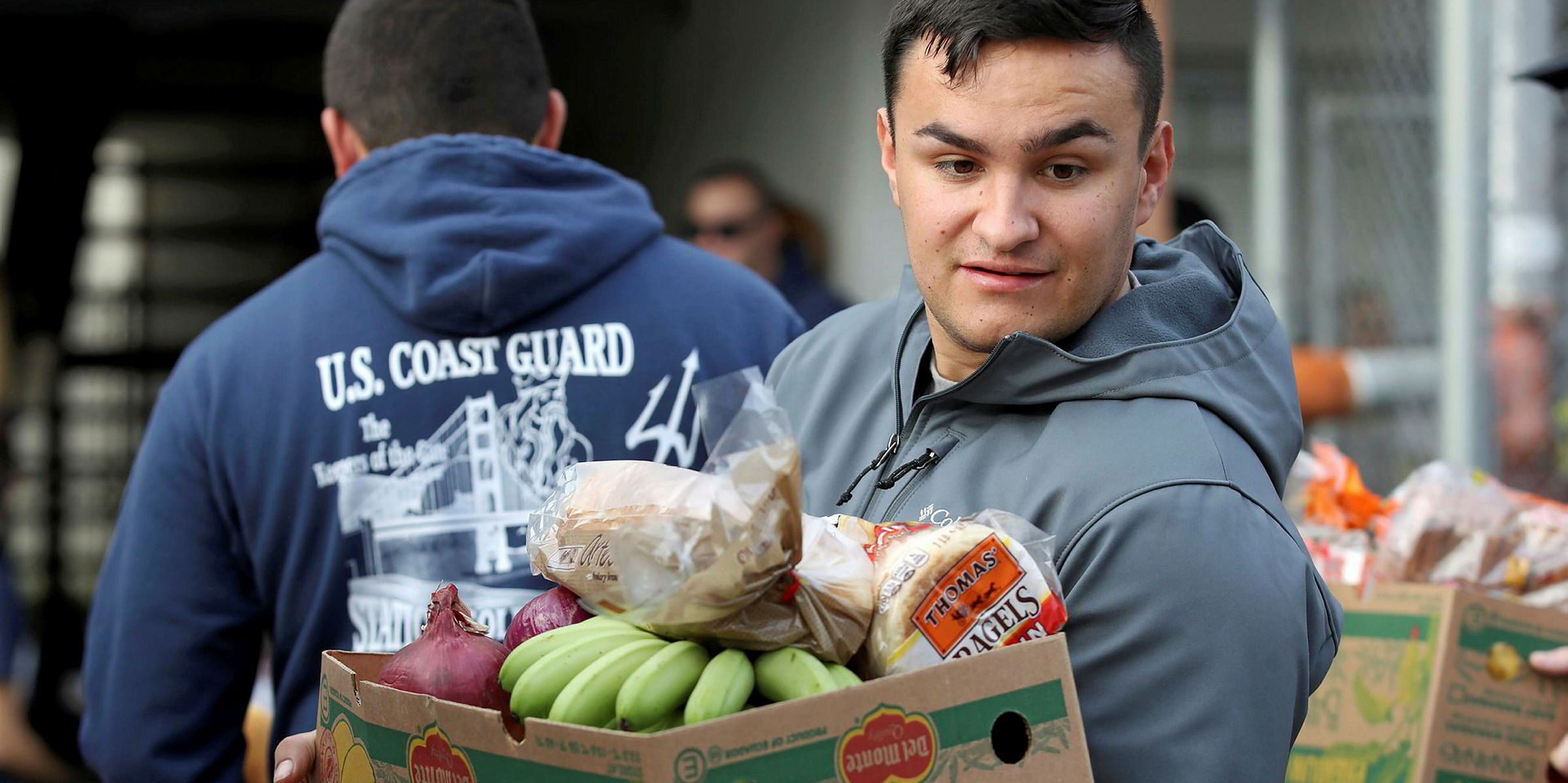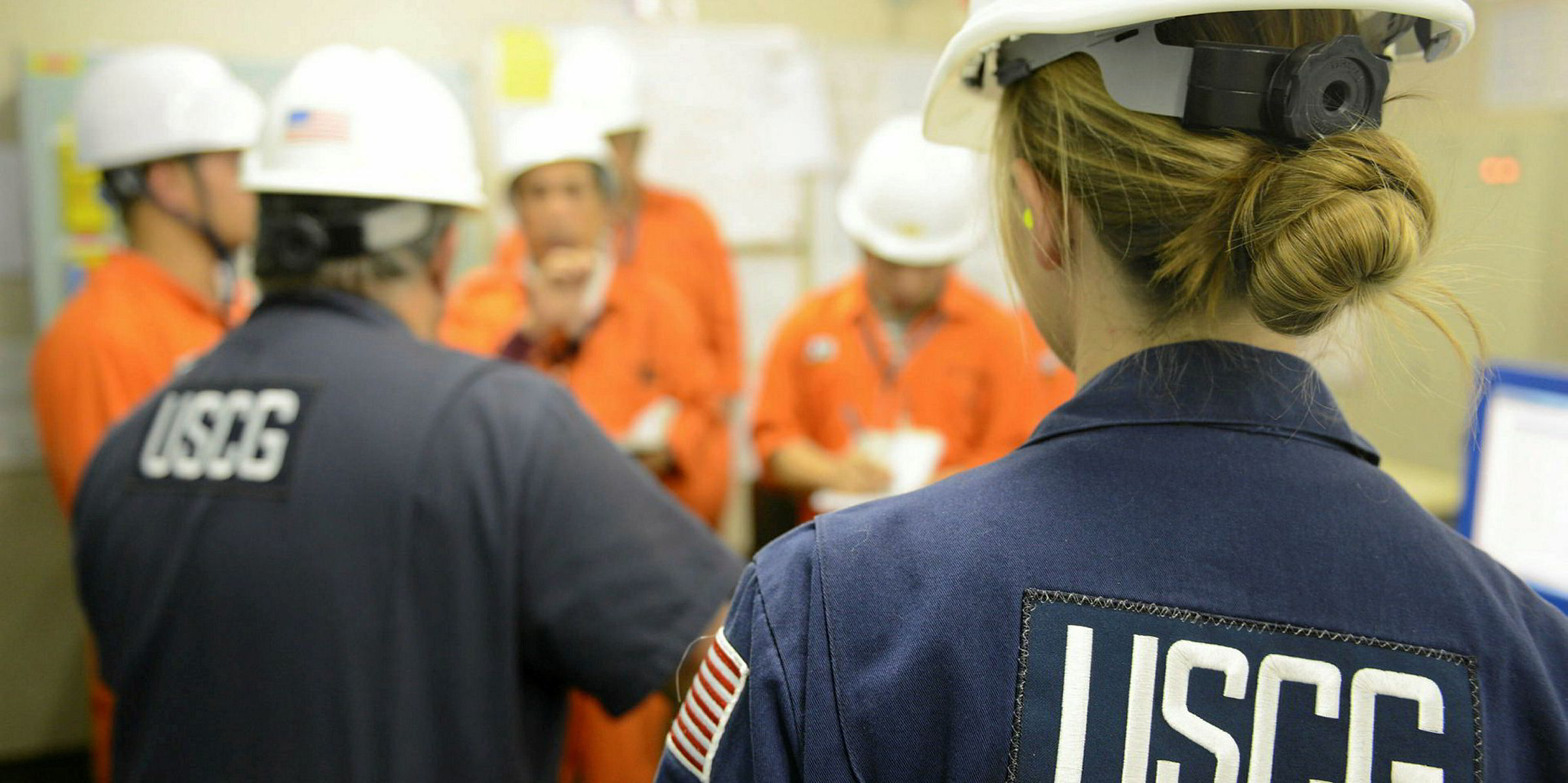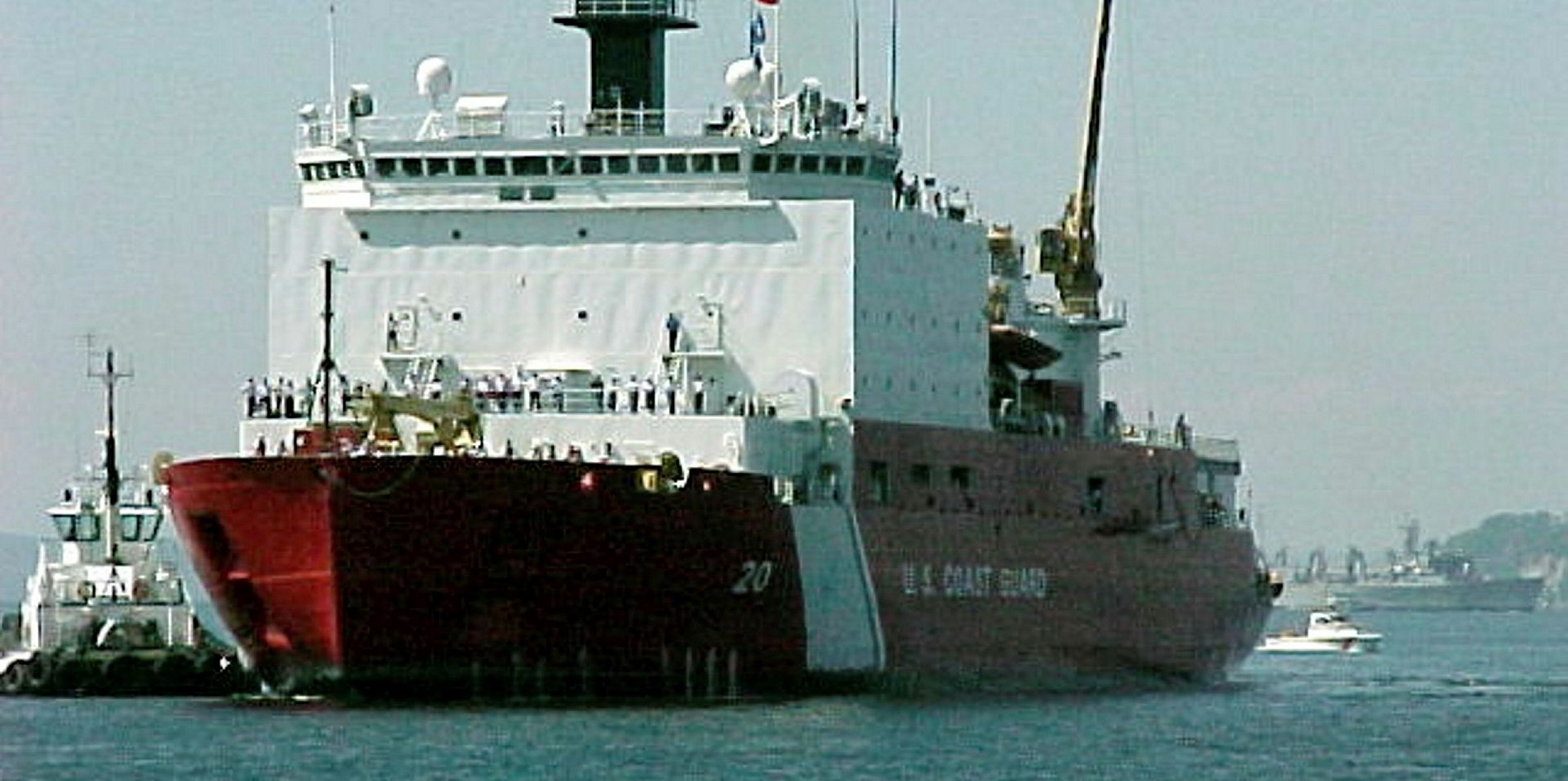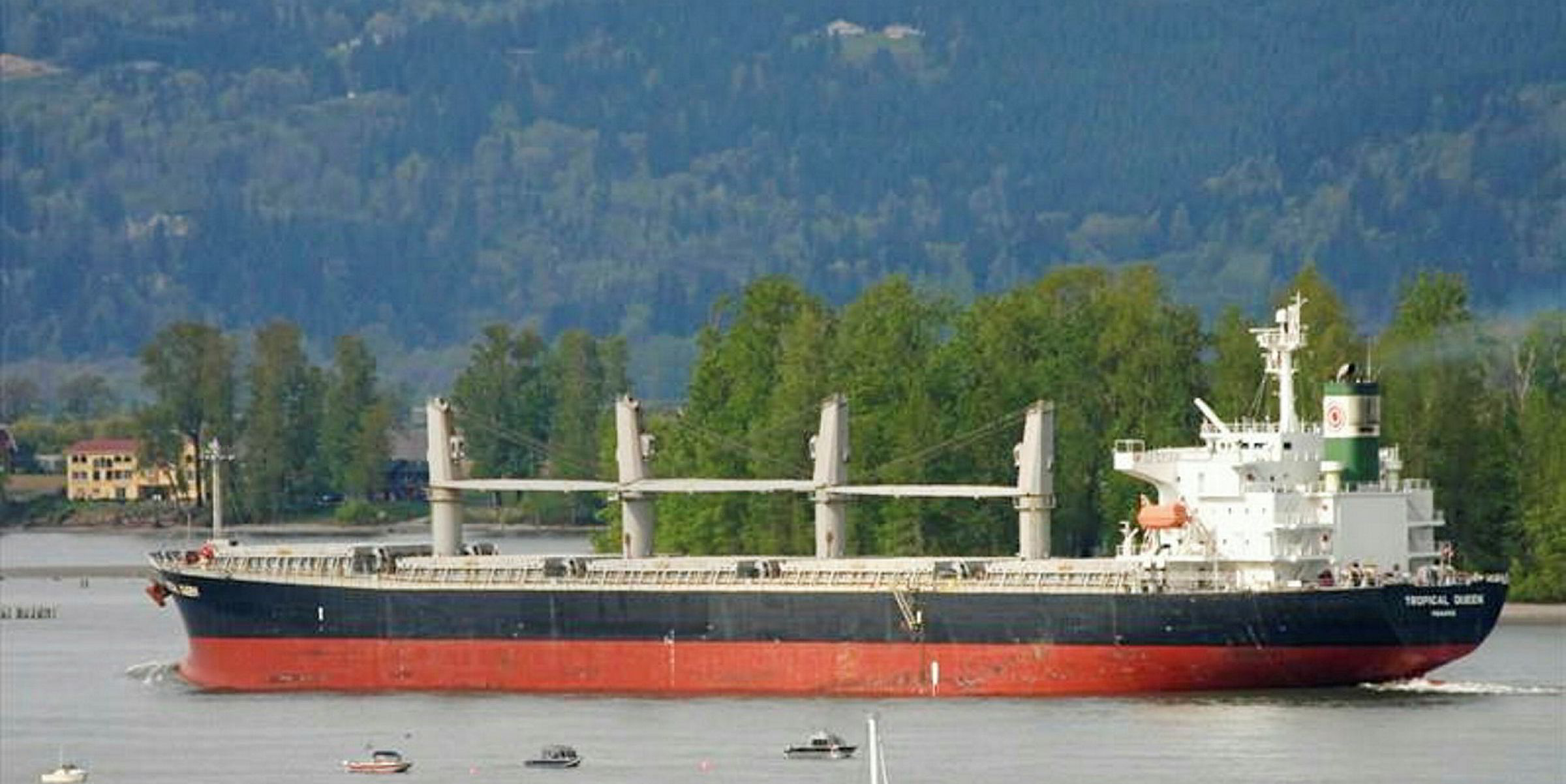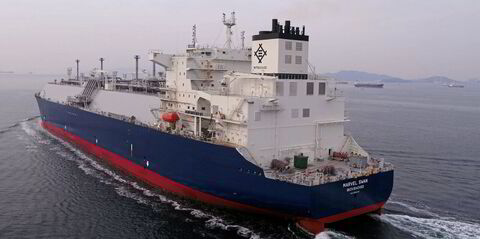Many mornings at breakfast over the past few weeks, my wife and I have had the same conversation.
She asks whether the US government shutdown is over yet, and I answer simply, "Nope".
The shutdown is greatly impeding activities related to vessel construction, sales, repairs, and financing
Charlie Papavizas
Then this week, I realised that I did not even bother to check the news before answering. This longest-ever shutdown has stretched on long enough to become normal, thanks to my confidence in the persistence of the yawning divide between President Donald Trump and the Democrats in the House of Representatives.
I'm not alone in turning my attention elsewhere. As I write this, it takes a lot of scrolling to find a shutdown-related story on the home pages of the New York Times and Wall Street Journal.
But for many, the shutdown has real impact that hurts more the longer it continues. In fact, shipowners may soon face a direct hit.
Payments at risk
According to Charlie Papavizas, a Washington DC, maritime lawyer at Winston & Strawn, money may soon run out for payments under the Maritime Security Program, which delivers monthly stipends for ships to operate under the US flag.
If the cash stops flowing, shipowners can withdraw their vessels from the flag — and from their contract to provide those ships to the government or military in times of national-security demand.
Meanwhile, operators of liner services are likely finding it hard to obtain, for example, US approval of agreements with alliance partners, since only two employees of the Federal Maritime Commission (FMC) are allowed into the office. Don't even call to ask a question, since no one will be picking up the phone, according to the FMC website.

But more worryingly, there may be an adverse impact on maritime safety, with some long-term ramifications.
About 10,000 US Coast Guard (USCG) employees are on furlough and the remaining 43,000 are working, but are not getting paid, unlike the other uniformed military services.
Papavizas writes that ship inspections are being carried out by uniformed personnel, but the civilian force that has been built up to bolster the service are staying at home.
Active-duty personnel can take the first steps in a casualty investigation, but are limited in their ability to spot critical issues, again by the lack of civilian support.
Other shipping-related functions at the USCG face even more severe impacts without their staff.
"The shutdown is greatly impeding activities related to vessel construction, sales, repairs, and financing," Papavizas said in a note to clients in which he also explained that seafarer licensing work is also hampered.
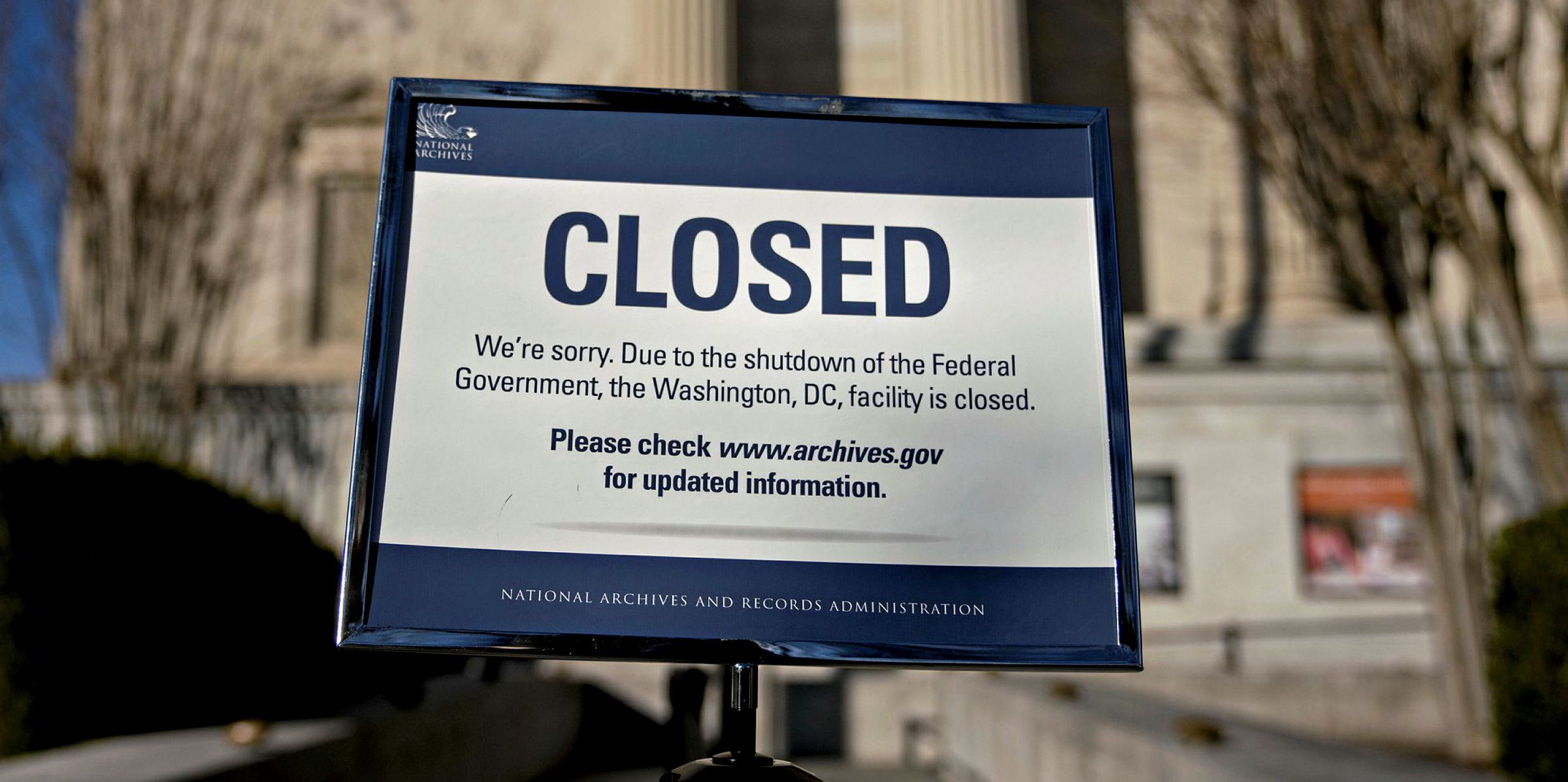
Unexpected impacts
Sometimes, the impacts of the federal government shutdown emerge where one would not expect.
To save wheat loaded on a ship caught up in a US dispute between Pacific Gulf Shipping of Denmark and George and Stathis Gourdomichalis, it might require taking the cargo off the vessel, as my colleague Matt Coyne reports this week.
The 52,500-dwt Vigorous (built 2005) flies the Liberian flag, but the Jones Act allows only US-built ships flying the Stars and Stripes to drop off a cargo in the US that was loaded in the country.
But try asking US Customs and Border Protection for a Jones Act waiver during this shutdown.
And dysfunctional government is spreading like a global epidemic.
As the shutdown shows the world just how bitterly divided US politics has become, the UK delivered its own gift to those who argue that democracy is not the best model for effective government when elected parliamentarians rejected the deal Prime Minister Theresa May had negotiated to leave the European Union.
It is as if the special relationship between Washington and London now means the two countries' leaders have been left with egg on their face at the same time.
The certainty that uncertainty will persist has me thinking back to those early days just over two years ago, when Trump was elected.
Despite worrying signs on trade, many in shipping were hopeful that a businessman president whose deregulatory and pro-defence stances would prove beneficial to the industry, including the US flag sector that benefits from protectionism and military spending.
But it is easy to overlook the importance of the government Trump despised, that is until it is not there to pick up the phone.
